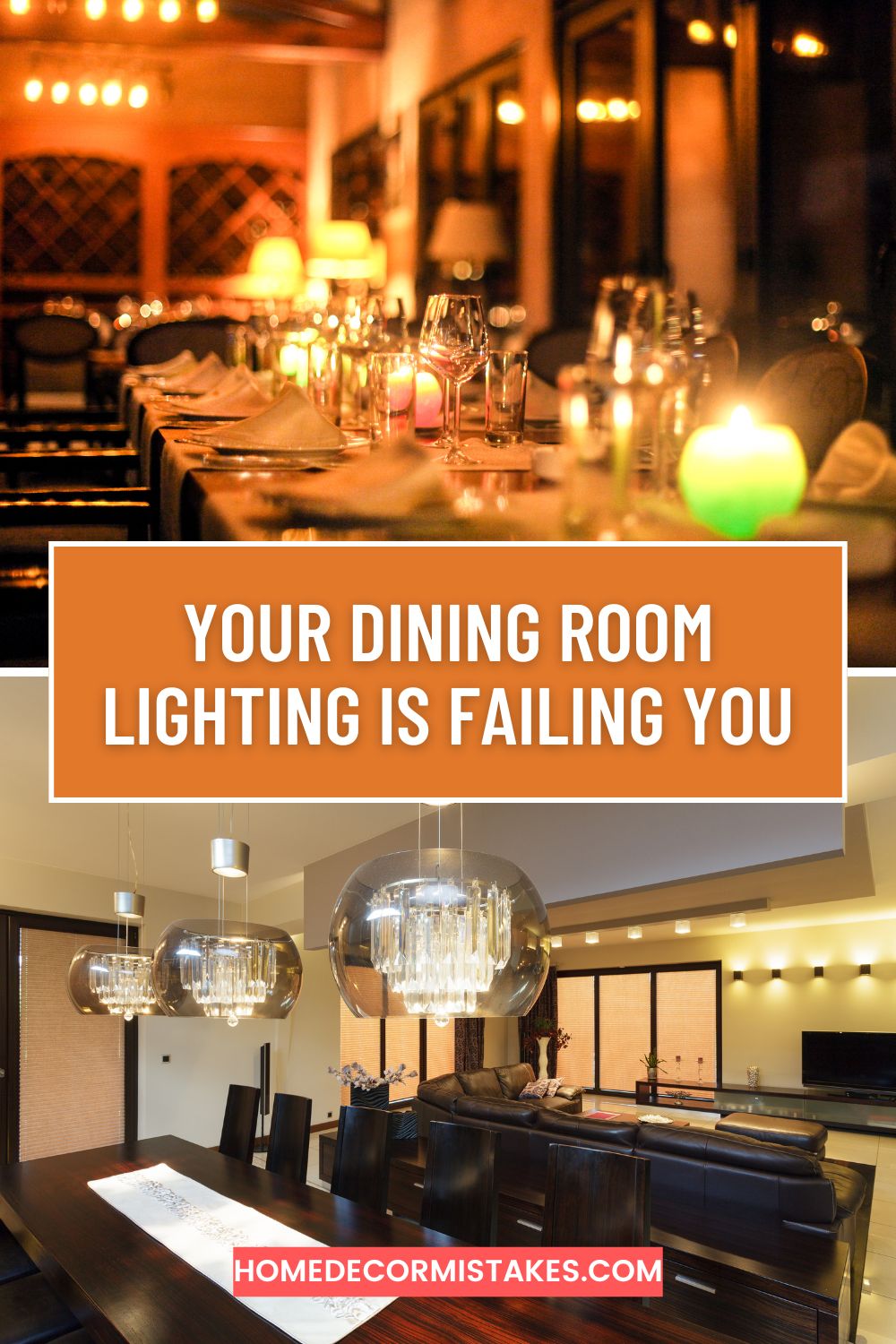5 Ways Your Dining Room Lighting is Failing You
Your dining room is more than just a place to eat; it’s where you gather with family, entertain friends, and create lasting memories. The ambiance of this space can significantly impact the overall dining experience. One often overlooked aspect of creating the perfect dining room environment is lighting. Poor lighting can make even the most beautifully decorated room feel uninviting. Here are five ways your dining room lighting might be failing you, and how to fix it.
1. Insufficient Lighting
The most common lighting mistake in dining rooms is simply not having enough of it. Insufficient lighting can make the room feel dim and unwelcoming, especially during evening meals. This problem is often caused by relying solely on a single overhead fixture. While a chandelier or pendant light can be a stunning focal point, it may not provide adequate illumination on its own.
Solution: Consider layering your lighting. In addition to a central fixture, incorporate wall sconces, floor lamps, or table lamps to distribute light evenly throughout the room. This will not only brighten the space but also create a warm and inviting atmosphere.
2. Incorrect Bulb Choice
The type of bulbs you use can significantly impact the feel of your dining room. Using bulbs that are too cool can make the space feel sterile and uninviting, while bulbs that are too warm can create a dingy, yellowish hue. Additionally, bulbs with high wattage can produce harsh, glaring light, which is not conducive to a relaxing dining experience.
Solution: Opt for LED bulbs with a color temperature between 2700K and 3000K, which emit a soft, warm light that is ideal for dining areas. Dimmable bulbs are also a great choice, as they allow you to adjust the brightness according to the occasion.
3. Poor Light Distribution
Even if you have enough light sources, poor distribution can still leave parts of the room poorly lit. Shadows and dark corners can make the space feel uneven and uncomfortable. This issue is often the result of using fixtures that direct light only in one direction or not considering the placement of lights relative to the room’s layout.
Solution: Use a combination of direct and indirect lighting. For example, a chandelier can provide direct light over the dining table, while wall sconces or recessed lighting can offer indirect light that fills the room. Ensure that light sources are strategically placed to eliminate dark spots and ensure even illumination.
4. Ignoring the Importance of Dimmers
Lighting needs can vary depending on the time of day and the activity. Without the flexibility to adjust your lighting, you may find that your dining room is either too bright for a cozy dinner or too dim for working on a project at the dining table.
Solution: Install dimmer switches on all your dining room lights. This simple addition allows you to control the light intensity, creating the perfect mood for any occasion. Whether you’re hosting a formal dinner or enjoying a quiet family meal, dimmers provide the versatility you need.
5. Overlooking Accent Lighting
Accent lighting is often overlooked in dining rooms, but it plays a crucial role in enhancing the room’s ambiance and highlighting its best features. Neglecting accent lighting can result in a space that feels flat and lacks character.
Solution: Incorporate accent lighting to draw attention to specific areas or elements in the room. This could include under-cabinet lighting for a buffet, picture lights to highlight artwork, or even a small lamp on a side table. These accent lights add depth and interest, making your dining room feel more dynamic and inviting.
Conclusion
Effective dining room lighting is essential for creating a welcoming and functional space. By addressing these common lighting mistakes, you can transform your dining room into a warm, inviting, and versatile environment that enhances every meal and gathering. Remember, the key is to combine various lighting sources, choose the right bulbs, and utilize dimmers and accent lighting to achieve the perfect balance. Illuminate your dining room the right way and enjoy the difference it makes in your home.

